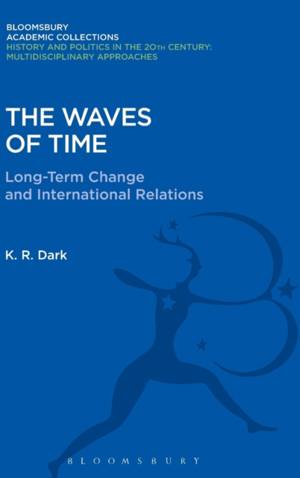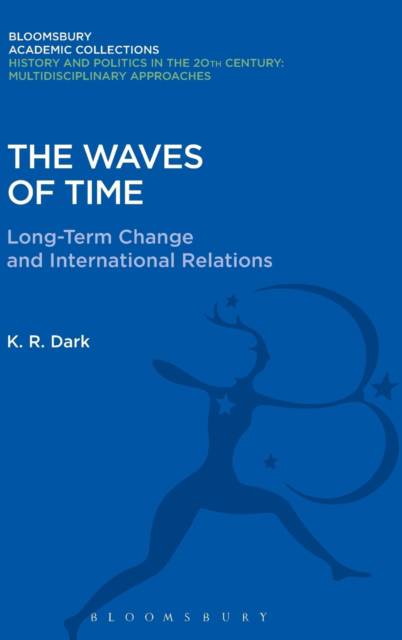
- Afhalen na 1 uur in een winkel met voorraad
- Gratis thuislevering in België vanaf € 30
- Ruim aanbod met 7 miljoen producten
- Afhalen na 1 uur in een winkel met voorraad
- Gratis thuislevering in België vanaf € 30
- Ruim aanbod met 7 miljoen producten
Zoeken
Omschrijving
Since the end of the Cold War, analysts of international politics have given much greater attention to issues of change. It has become increasingly clear to specialists from many fields that any understanding of large-scale political change must encompass far longer timescales than has been usual in the study of world politics, and must incorporate multi-disciplinary perspectives.
This book evaluates and draws on relevant theoretical approaches from other disciplines such as sociology, economics, geography, history, anthropology and archaeology, as well as evolutionary theory and the mathematical study of complexity. Using an epistemological framework, Dark sets out a theory of long-term world political change: the theory of 'Macrodynamics'. This is then applied to historical, anthropological and archaeological data to explain the changing forms of political organization, from the earliest human societies to the late twentieth century. The resulting analysis is a reinterpretation of the processes of global political change in the past and present. This, in turn, opens new areas of enquiry in the study of international relations and has profound implications for how we understand the changing world of today.
This book evaluates and draws on relevant theoretical approaches from other disciplines such as sociology, economics, geography, history, anthropology and archaeology, as well as evolutionary theory and the mathematical study of complexity. Using an epistemological framework, Dark sets out a theory of long-term world political change: the theory of 'Macrodynamics'. This is then applied to historical, anthropological and archaeological data to explain the changing forms of political organization, from the earliest human societies to the late twentieth century. The resulting analysis is a reinterpretation of the processes of global political change in the past and present. This, in turn, opens new areas of enquiry in the study of international relations and has profound implications for how we understand the changing world of today.
Specificaties
Betrokkenen
- Auteur(s):
- Uitgeverij:
Inhoud
- Aantal bladzijden:
- 304
- Taal:
- Engels
- Reeks:
Eigenschappen
- Productcode (EAN):
- 9781474288309
- Verschijningsdatum:
- 6/10/2016
- Uitvoering:
- Hardcover
- Formaat:
- Genaaid
- Afmetingen:
- 156 mm x 234 mm
- Gewicht:
- 603 g

Alleen bij Standaard Boekhandel
+ 542 punten op je klantenkaart van Standaard Boekhandel
Beoordelingen
We publiceren alleen reviews die voldoen aan de voorwaarden voor reviews. Bekijk onze voorwaarden voor reviews.








